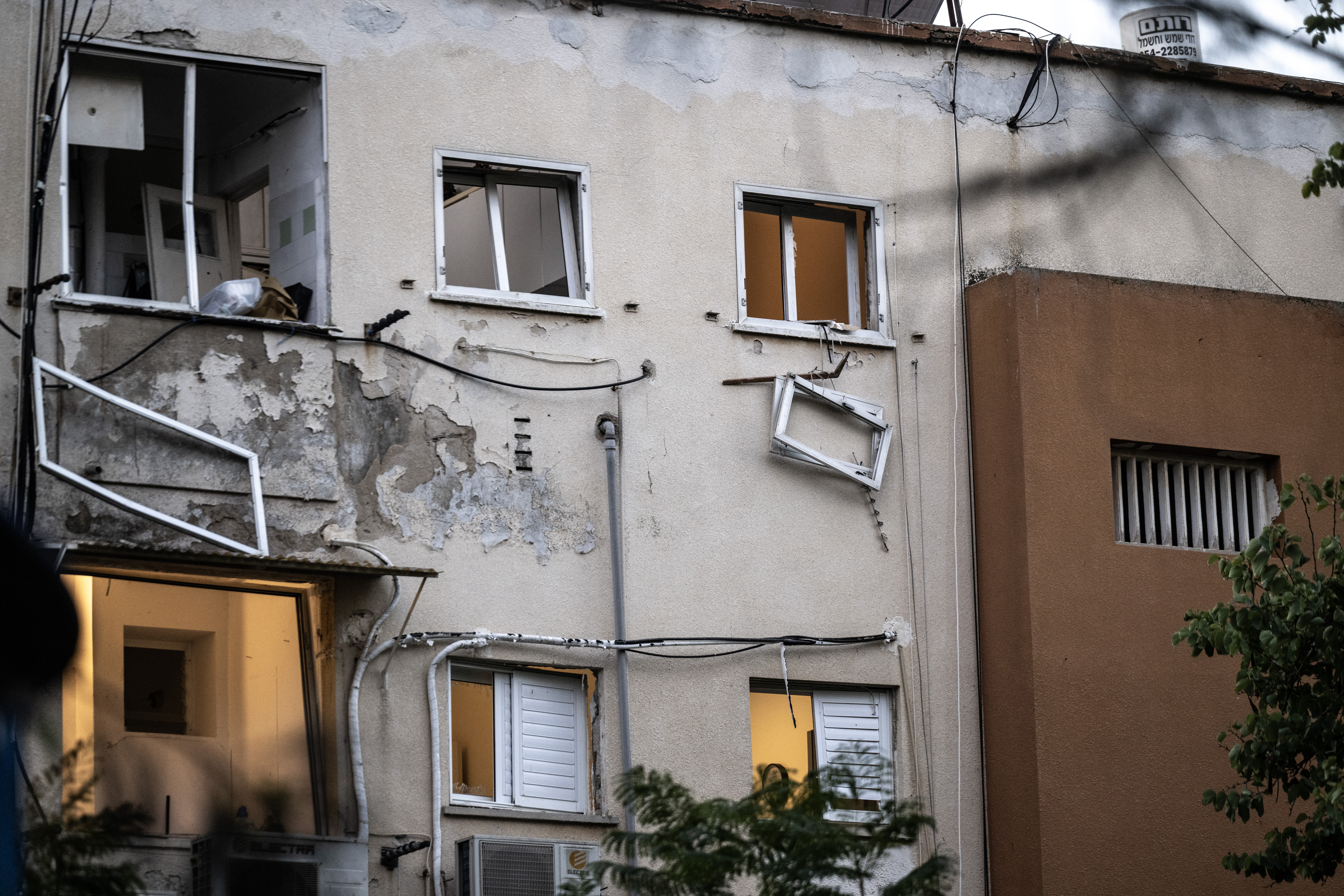The Indian government has banned the Jamaat-e-Islamic (JI) political party in Indian occupied Kashmir for five years, after the group was accused of supporting an armed rebellion.
The ban on JI was announced on Thursday 28 February, less than a week after the Indian police arrested at least 300 of the group’s members, including its leader Abdul Hamid Fayaz.
The arrests came after the a deadly car bomb attack against Indian occupying forces, which resulted in 42 paramilitary troopers were killed in Pulwama town on Thursday 14 February.
In a statement on Thursday, India’s home ministry said JI was been banned for “unlawful association” and for activities “prejudicial to internal security and public order”.
The ministry added that the group was in contact “with militant outfits and supports extremism and militancy in Jammu and Kashmir and elsewhere” and supported “secession of a part of the Indian territory”.
Indian authorities also stated that if JI’s activities were not stopped, “it is likely to escalate its subversive activities including an attempt to carve out an Islamic state out of the territory of Union of India”.
The recent ban is the third time JI has been proscribed since the group formed in 1942, five years before the creation of Pakistan and the independence of India.
Subscribe to our newsletter and stay updated on the latest news and updates from around the Muslim world!
A JI leader told Al Jazeera that the ban was likely to put thousands of students who attend schools run by the group at risk.
He said: “These schools are models of progressive and modern outlook. This will jeopardise the future of these students.”
In a statement, the JI said: “The use of muscular policy will further destabilise the situation in South Asia. Instead, sincere efforts should be made to solve the long-pending dispute of Kashmir”.
The former chief minister of the region, Mehbooba Mufti condemned the ban and described it as “high handedness” of government.
She said in a tweet: “Ideas cannot be banned or jailed, need better ideas to replace it.
“Steps like this chokes space for dissent and leads us to more violent times.”
Big support base
JI has a big support base across Indian occupied Kashmir.
The group considers itself as separate from its Indian counterpart, Jamaat-e-Islami Hind, and supports Jamaat-e-Islami Pakistan.
JI took part in Indian elections for more than 20 years before becoming engaged with separatist activities following the beginning of an armed resistance in occupied Kashmir in 1989.
The group maintains that Jammu and Kashmir is a disputed territory, and seeks its resolution through the right to self-determination of the Kashmiri people.
When an armed rebellion began in Kashmir in 1989, the region’s largest resistance group, Hizbul Mujahideen, declared it was a military group of JI.
Throughout last week, Indian authorities launched a major crackdown on JI leaders in occupied Kashmir following the Pulwama attack, which was claimed by Jaish-e-Mohammed group based in Pakistan.
Since the attack, there has been an escalation of tensions between Pakistan and India, while the disputed region remains on the brink of a potential war.




















